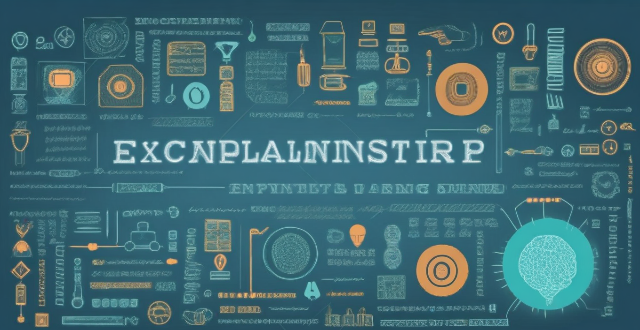The text explores the relationship between academic integrity and intellectual property. It defines academic integrity as the core values of scholarly work, including honesty, trust, fairness, respect, and responsibility, which are essential in research, teaching, and publishing. Intellectual property, on the other hand, refers to legal protections that give creators exclusive control over the use of their creations of the mind. The intersection of these two concepts is discussed in terms of respect for original work, protection of ideas, promotion of innovation, and ethical considerations. Both academic integrity and intellectual property laws stress the importance of respecting original work and protecting ideas. They also promote open access and sharing of knowledge while ensuring responsible conduct of research. The text concludes that upholding academic integrity contributes to a robust system of intellectual property that benefits society as a whole.

Academic Integrity and Intellectual Property: A Relationship Explored
Introduction to Academic Integrity
Academic integrity is the foundation of scholarly work, encompassing values like honesty, trust, fairness, respect, and responsibility. It involves acting with integrity in all academic endeavors, including research, teaching, and publishing. At its core, it's about giving credit where credit is due—acknowledging the contributions and ideas of others.
Understanding Intellectual Property
Intellectual property (IP) refers to creations of the mind, such as inventions; literary and artistic works; designs; and symbols, names, and images used in commerce. IP rights are legal protections that give creators exclusive control over the use of their intellectual property for a certain period.
The Intersection of Academic Integrity and Intellectual Property
Respect for Original Work
- Plagiarism and IP Infringement: Both academic integrity and intellectual property laws stress the importance of respecting original work. Plagiarism, which violates academic integrity, can also infringe on copyright, a form of intellectual property.
- Attribution and Citation: Proper attribution and citation practices in academic work align with the principles of giving credit to IP holders.
Protection of Ideas
- Patents and Research: Just as patents protect innovative ideas in the commercial realm, academic integrity ensures that researchers get credit for their novel contributions to scholarship.
- Confidentiality and Non-Disclosure: Agreements to maintain the confidentiality of research findings until they are properly published mirror the non-disclosure aspects of IP law.
Promotion of Innovation
- Open Access and Sharing: While IP law encourages innovation by granting exclusive rights, academic integrity promotes open access and sharing of knowledge to further research and learning.
- Fair Use and Scholarly Use: The concept of fair use in copyright law is analogous to the scholarly use of materials, which is an integral part of maintaining academic integrity.
Ethical Considerations
- Conflicts of Interest: Disclosure of conflicts of interest in academic research parallels the need to declare potential IP conflicts in commercial settings.
- Responsible Conduct of Research: This includes ensuring research is free from fabrication, falsification, or misrepresentation of data, which are also concerns under IP law regarding false patent applications or misleading trademark uses.
Conclusion
The relationship between academic integrity and intellectual property is one of mutual reinforcement. Both strive to maintain a balance between protecting the rights of creators and promoting the advancement of knowledge. By upholding academic integrity, scholars not only adhere to ethical standards but also contribute to a robust system of intellectual property that benefits society as a whole.